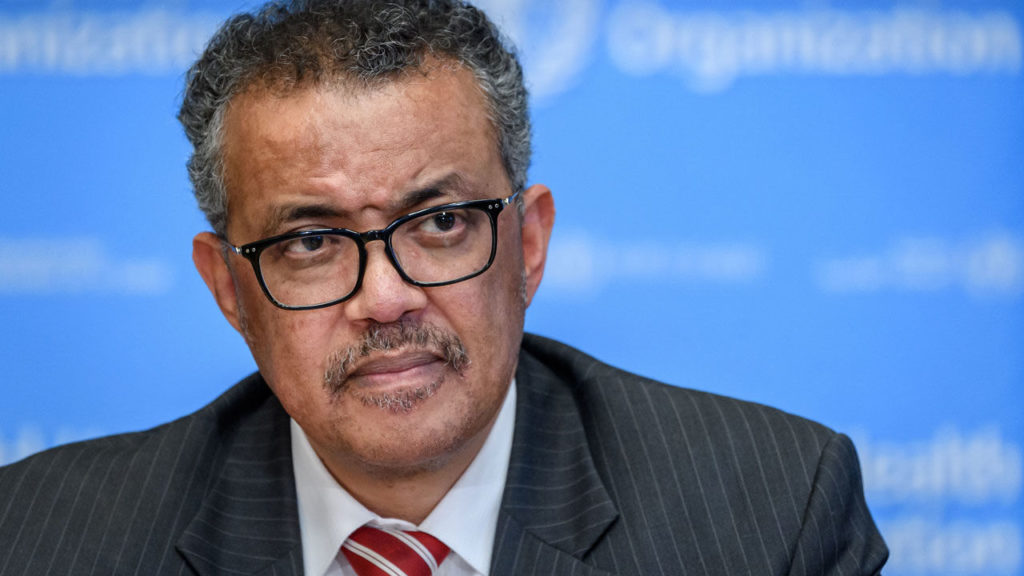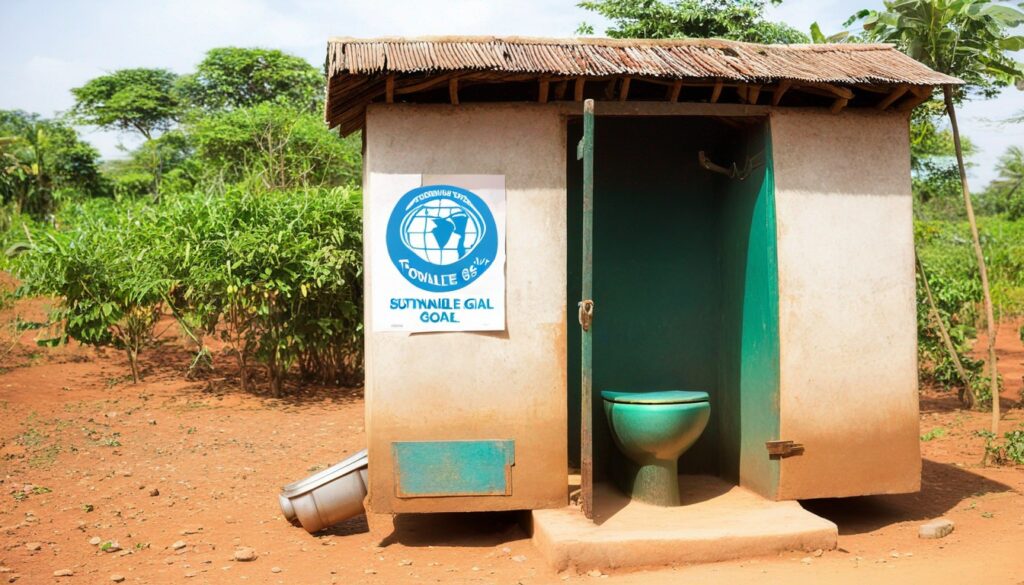In the buildup to COP28, the World Health Organization (WHO) and global health partners emphasize the significant role of climate change in health negotiations. Stressing the need for a concentrated focus on global health, these efforts aim to highlight the responsibility negotiators bear in safeguarding the health of populations worldwide.
Dr. Tedros Adhanom Ghebreyesus, WHO Director-General, asserts, “Prioritizing health is foundational to resilient societies.” Leaders’ commitment in Dubai holds significance, both for expected health outcomes and the urgent needs of economies. The call is to shift the discourse and underscore the substantial benefits of robust climate action on health and well-being.
Recent extreme weather events globally offer glimpses of a rapidly warming world. WHO reports indicate nearly half of the global population—about 3.5 billion people—resides in highly climate-vulnerable regions. Heat-related deaths among individuals over 65 have surged by 70% globally in two decades, necessitating aggressive efforts to limit warming to 1.5 °C to avoid a more severe future.
Frequent and severe extreme weather events, including droughts, floods, and heatwaves, are poised to strain healthcare infrastructure. Last year’s floods in Pakistan displaced 8 million and affected 33 million, with projections suggesting the potential displacement of 216 million people by 2050 without immediate action against climate change.
As the climate crisis threatens lives and livelihoods, challenges intensify within global food systems and water sources, while infectious diseases like dengue and cholera surge. A collaborative, decisive approach is imperative to mitigate climate-induced health impacts and promote a sustainable future.
The health community emphasizes the urgency of fortifying health systems worldwide to withstand the impacts of climate change. Failure to act swiftly renders these systems vulnerable to overwhelming consequences.Climate change is not just a looming threat but an immediate danger impacting health on multiple fronts. Infectious diseases and vector-borne illnesses are on the rise due to climate change, compelling negotiators to acknowledge its direct threat to global health.
Adapting health systems involves enhancing interventions like vector control, epidemiological surveillance, and ensuring access to safe water and sanitation. Training healthcare staff and aligning health systems with WHO’s framework for resilient, low-carbon systems are imperative.Reducing emissions is critical to mitigating negative health impacts. WHO estimates attribute 7 million premature deaths annually to air pollution, demanding urgent measures such as transitioning to cleaner energy sources.
The health community stresses greening the health sector to significantly cut the sector’s 5% global emissions, especially as over 1 billion people rely on healthcare facilities with unreliable or no electricity.Acknowledging financial gaps in health systems, calls escalate to divest from fossil fuels, redirecting funds to support health systems in combating climate change.
The WHO-led Alliance for Transformative Action on Climate and Health (ATACH) aligns with COP26’s goals to foster climate-resilient health systems, emphasizing increased financing.The imperative for COP28 is to address the significant financial disparity in the health sector, ensuring robust financial support to strengthen the sector’s resilience and innovation capabilities.
WHO’s urgent plea for climate and health action at COP28 aims to unite global efforts, emphasizing the intersection of health and climate for a healthier future. The inaugural Health Day at COP28 aims to spotlight the climate-health nexus and elevate health in climate change discussions, with an unprecedented number of health ministers attending.
The Ministerial session marks a historic convergence of global leaders emphasizing health’s paramount importance in climate discussions, aiming for tangible sustainable outcomes. The legacy of COP28 hinges on a commitment to a healthier planet, where health-focused climate action translates into substantial real-world results.
 source: thehealthcaredaily
source: thehealthcaredaily
Table of Contents
Toggle
- What is Climate Change?
- Factors Responsible for Climate Change
- How to Prevent Climate Change?
What is Climate Change?
Climate change refers to long-term alterations in Earth’s climate patterns, predominantly resulting from human activities like burning fossil fuels, deforestation, and industrial processes. These activities release greenhouse gases, such as carbon dioxide and methane, into the atmosphere, trapping heat and leading to a warming planet. This warming triggers diverse and disruptive impacts, including rising global temperatures, altered weather patterns, intensified storms, increased frequency of extreme weather events like floods and droughts, and sea-level rise. These alterations not only affect the environment but also impact human health, livelihoods, agriculture, biodiversity, and ecosystems worldwide.
Climate change amplifies risks, exacerbates vulnerabilities, and poses significant challenges for sustainable development. Addressing this global phenomenon requires concerted efforts, including reducing greenhouse gas emissions, adopting renewable energy sources, implementing sustainable practices, and fostering international cooperation to mitigate its far-reaching consequences.
Factors Responsible for Climate Change
Climate change results from many factors contributing to global environmental shifts. Prominent among these are human-induced activities such as burning fossil fuels, releasing substantial amounts of greenhouse gases like carbon dioxide (CO2), methane (CH4), and nitrous oxide (N2O). Deforestation and land-use changes also play a significant role, changing natural carbon sinks and releasing stored CO2. Industrial processes, agriculture, and livestock production add methane and nitrous oxide to the atmosphere. Aerosols, although temporary, impact climate by reflecting sunlight. These human-driven factors increases the natural greenhouse effect, leading to rising global temperatures, altering weather patterns, and triggering profound environmental consequences.
How to Prevent Climate Change?
Implementing measures to curtail climate change necessitates a diverse approach. This involves transitioning to renewable energy sources, like solar and wind, to reduce reliance on fossil fuels, major contributors to greenhouse gas emissions. Conservation efforts, afforestation, and reforestation initiatives aid in carbon sequestration. Enhanced public transportation and the adoption of eco-friendly technologies minimize emissions. Implementing stringent environmental regulations for industries and promoting sustainable practices across sectors are vital. Collaborative international agreements and policies geared toward emission reduction, alongside public awareness campaigns, foster a collective commitment to combat climate change. Investments in innovative solutions and resilience-building measures ensure a sustainable, climate-resilient future.





